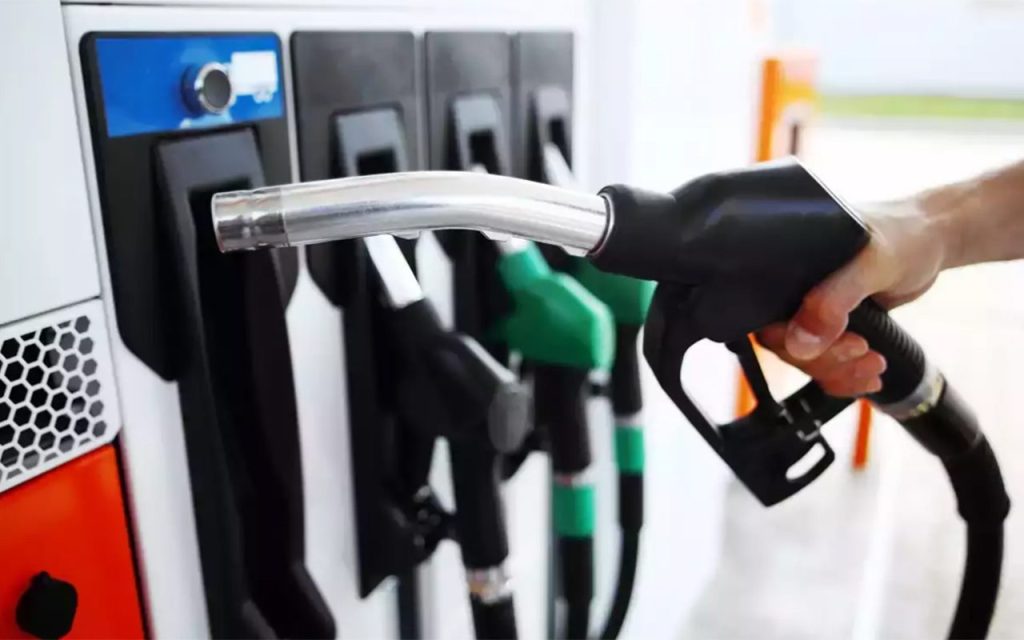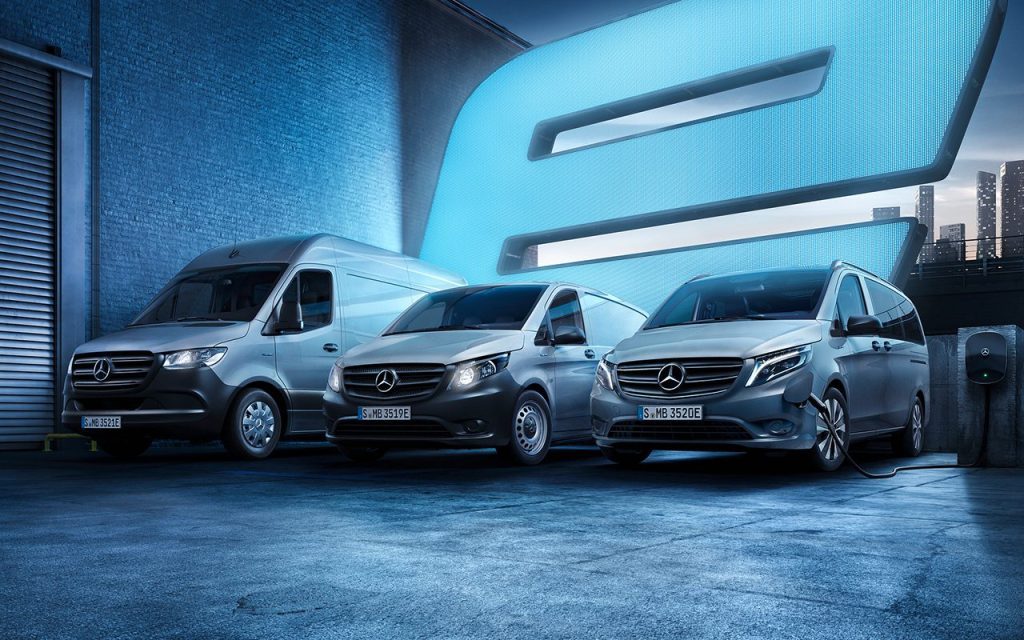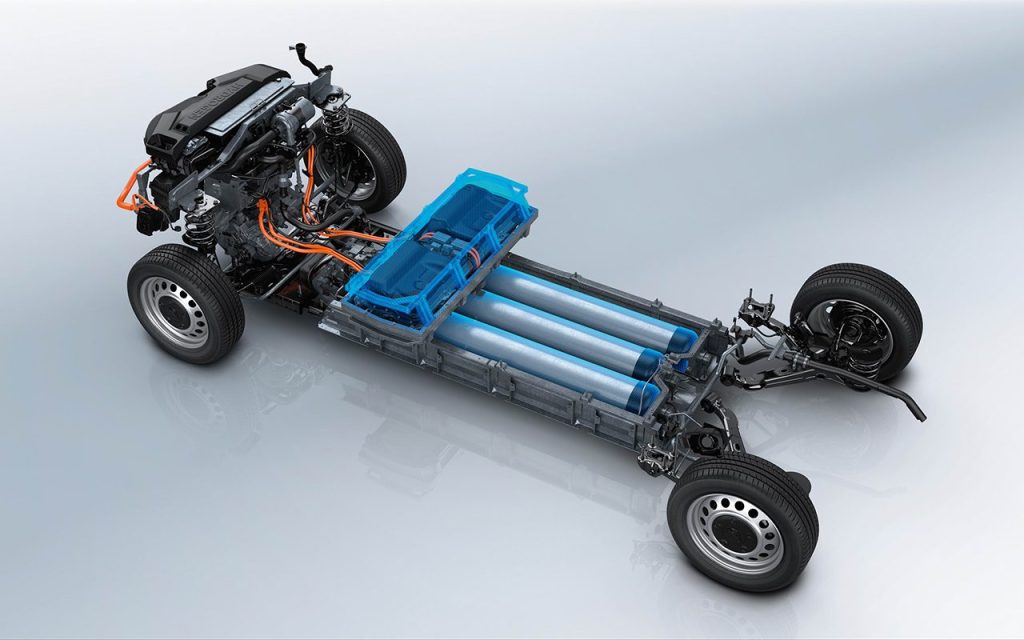NZ won’t dump petrol for decades, says leading petrol firm
Words: Matthew Hansen
New Zealand’s vehicle landscape is in the midst of grand change once again thanks to electric vehicle legislation on our shores as well as abroad. So, does this mean petrol is on death’s door?
As with most rhetorical questions introduced in an opening paragraph, the answer is no. At least for now. This was one of the findings from a new study released by Z Energy, titled ‘The Future of Fuel Demand’.
Z tapped Castalia, a strategy firm, to conduct a study aiming to answer how demand for petrol is going to evolve over the next few years and decades, as electric vehicle numbers rise and subsequent demand for internal combustion engine vehicles decreases. It then took these findings and overlaid them against what the Climate Change Commission (CCC) estimates.

The study involved taking into consideration the amount of kilometers Kiwis travel by car, bus, train, and other modes of propelled transport, then factored in the mix of vehicle types, and the likely fuel requirement for those types as the years progress.
The overarching theme of the study’s findings is that the CCC’s expectations for the market may not be realistic and that Kiwis are likely to cling onto petrol vehicles for longer than is expected.
Z claims that by 2035, 36 per cent of the country’s light vehicle fleet and 2.4 per cent of the national truck fleet will be electric, down on the CCC’s 38 and 14.6 per cent. It also says that annual growth in petrol and diesel demand will slow significantly from 2025, before ‘turning negative’ in the case of petrol in 2026 and diesel in 2028.

“We see demand for both fuels remaining substantially higher than the commission does out to 2040,” it says. “[…] Although liquid fuel demand will steadily reduce, fossil fuels are currently forecast to be part of the picture for decades to come.”
There’s a few other interesting revelations in Z’s study, too. It expects EV adopters to travel on average 30 per cent more than ICE vehicles (although the CCC claims an even greater 46 per cent margin), while also naming 2029 as the year where the local market will achieve price parity between electric vehicles and ICE ones.
On the topic of fuel costs, the study doesn’t expect prices to spiral out of control by the end of the decade. “We see fuel costs being 5 cents per litre higher by 2026 and 10 cents higher by 2030. The CCC path expects no change in fuel prices from 2023,” it says.
One of the most glaring causes behind all the distinctions in Z’s figures is that the firm does not believe that “a ‘hard’ ban” on the sale of imported internal combustion cars is coming, despite the bans that have been introduced in other markets. The government is understood to be considering a ban, and the CCC has recommended one.

The study makes brief note of biofuels and hydrogen, saying that both could play a role in transition. “We concluded that hydrogen is a real option to meet the needs of transport operators for certain use-cases, but it will take some time — and supportive government action — for cost-effective hydrogen fuelled vehicles to grow to material volume,” it says.
“Government could influence FCEV purchasing decisions through a direct subsidy. More likely, government would have a key role in the provision of necessary infrastructure, including the large-scale electrolysers required to generate ‘green’ hydrogen or ‘blue’ hydrogen.”
Cynics are likely to point out that Z, being a petrol firm, has a bone in this fight. Indeed, petrol companies all over the world are currently trying to figure out new ways to look like part of the solution, rather than part of the problem. Z, it seems, is self aware on the topic.
“Z is publishing these views not to try and sell product, but to communicate what we expect from current settings,” it says.
“Z is an energy company, but not necessarily a fossil fuel company. Our view is that the move away from fossil fuels will be slower than the CCC predicts. For the transition to take place more quickly, government policy will need to change.
“Overall, this is not a story of energy disruption, but one of energy substitution. New Zealand’s population and economy will grow, even as carbon emissions are sharply reduced. More freight will be transported and more passenger kilometres will be travelled. What we want to know is how.”





